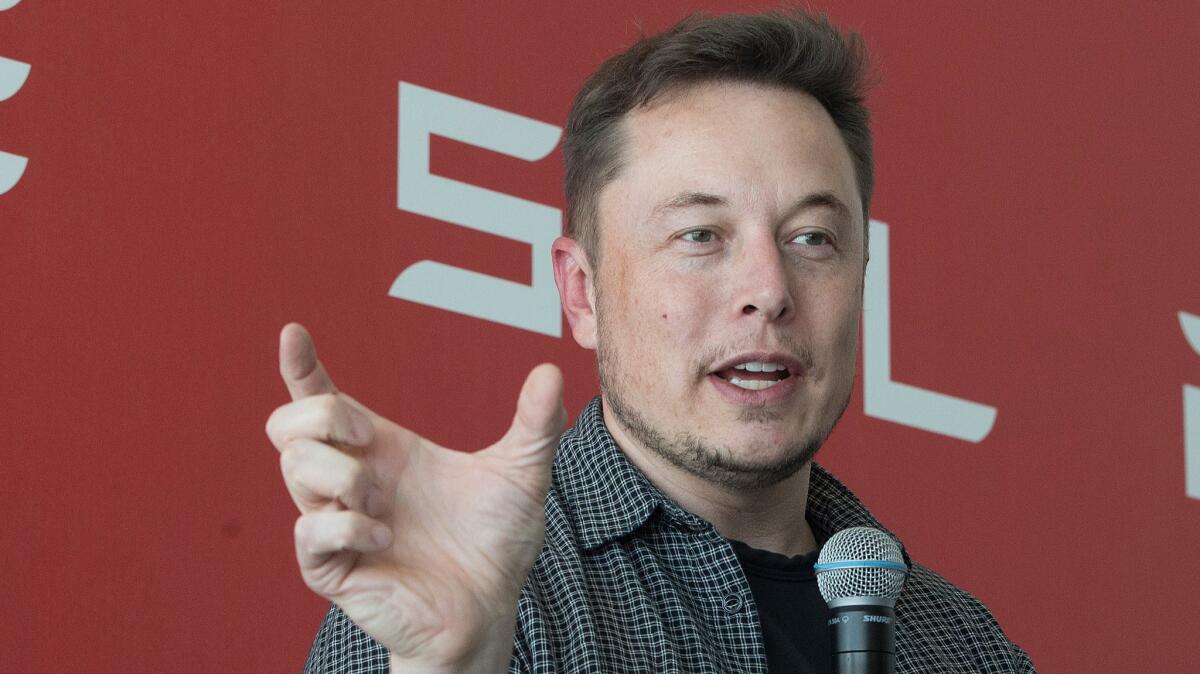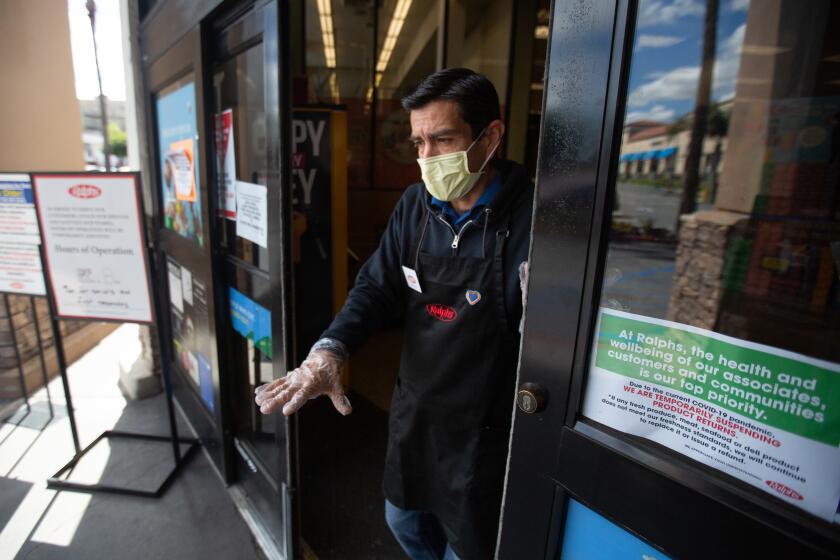Trust in CEOs has fallen during coronavirus pandemic, report says

Amid an enormous public health crisis, trust in governments is rising, while trust in businesses and their leaders in particular has fallen sharply, according to a new report by communications firm Edelman.
Although half of respondents typically voice trust in CEOs, that number has now fallen to less than one out of three, 29%.
For the last decade or so, governments around the world have generally failed to pull ahead of businesses in establishing trust in Edelman’s annual global survey of trust and credibility in government, business, NGOs and the media. But with nearly three in four respondents supporting restrictions on movement as an appropriate response to the coronavirus pandemic and 61% willing to disclose personal health and location data to aid with containing its spread, support for governments is on an upswing.
“Businesses actually haven’t performed well in the minds of respondents. There’s a feeling they haven’t gotten the right products and they haven’t protected their employees — that profits are still being put over people, and more should be done to prepare for the next phase,” said Richard Edelman, chief executive of Edelman.
The firm surveyed about 13,200 people across 11 countries, including the United States, between April 15 and April 23.
Low-wage workers performing vital tasks, including employees at grocery stores, warehouses, and meat factories and gig workers delivering food and household items, have protested what they see as a lack of safety protections and pay commensurate with the risk they face.
The coronavirus has given low-wage retail workers new visibility and leverage.
The survey reflects this unrest, with about half of respondents saying businesses were doing poorly, mediocre or completely failing at implementing safety measures and helping smaller suppliers stay in business by extending them credit or relaxing payment deadlines.
At the same time, the coronavirus crisis has exacerbated existing perceptions that the system is rigged in favor of the wealthy, with 67% of respondents believing those with less money and education were unfairly shouldering risk of illness.
It makes sense, experts said, that people are turning toward the government as it takes the reins in a public health crisis. Governors such as Gavin Newsom of California and Andrew Cuomo of New York have increased their visibility, communicating crucial information and statistics about cases and deaths in daily briefings. Searches for reliable information have driven up trust in traditional news sources as well, according to the report.
In the coming weeks and months, as state and local governments develop plans to lift social distancing restrictions, businesses’ tone and actions will be key, experts said.
Unilever made a commitment to provide financing for small “vulnerable” vendors and suppliers. This is a good example of an action a company can take toward improving its image, Edelman told The Times.
On the other hand, the optics were not good when the Lakers applied for and received a loan of about $4.6 million under the stimulus package that Congress passed in March, he said. The team said it returned the funds last week.
“People who are well-off should be careful not to ask for government bailouts,” for example, private equity firms, he said. “CEOs have been remarkably shy about being in the media, and have been very heads down. They’re not really sketching the future.”
That has to change, he said, if businesses want their voices heard as the government hashes out the terms of a reopened economy.
Neha Bairoliya, an assistant professor of finance and business economics at USC said these decisions should not rest in the hands of businesses, but instead should be determined by local governments and public health authorities.
Because the current economic downturn was induced by a public health crisis, Bairoliya said she doesn’t think businesses will face the same type of criticisms about corporate greed as they did in the aftermath of the 2008 recession. “But it’s very important here to strike the right balance between protecting the vulnerable and restoring the economy,” she said.
Companies that craft plans for the future and effectively communicate — or even over-communicate — them to employees will have a leg up, said Eric Anicich, a professor studying management and social psychology of employees at USC.
“The big thing with the pandemic is the unpredictability of it,” he said. Even if furloughs and cuts are unavoidable, companies can reduce uncertainty and psychological stress by being transparent and working to hear the concerns of their staff.








